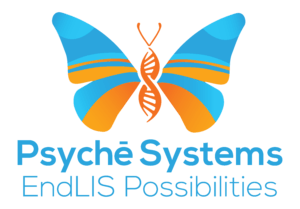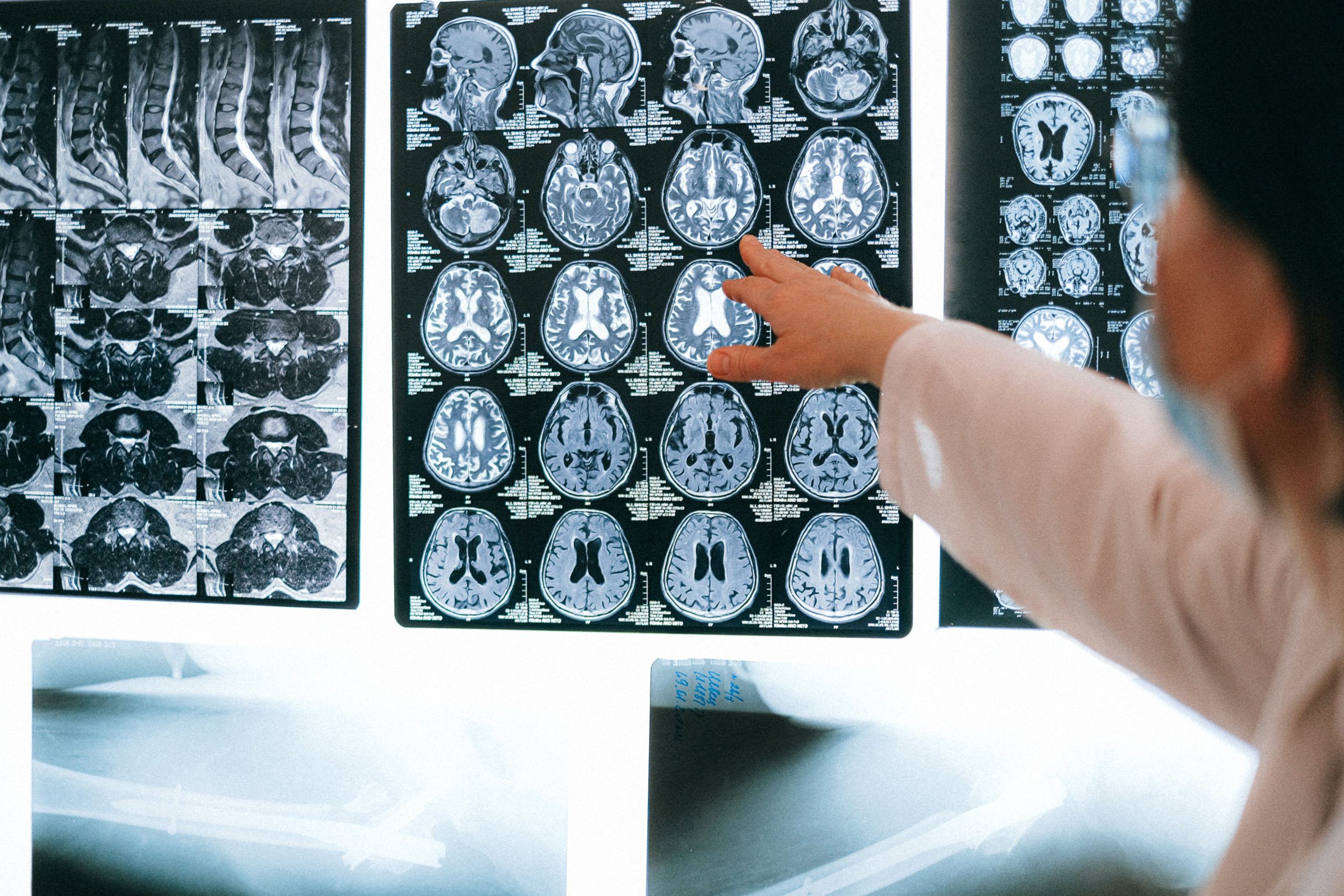How Pathology Labs Provide Insight into Neurobiology and Mental Health
Even with a world of scientific advancements, most of today’s mental health treatment still consists of trial and error. In most scenarios, a doctor will prescribe medication to a patient, that patient will try the medication for six weeks or so, and then if it doesn’t work, they move on to a different medication to repeat the process. This mental health treatment process isn’t always successful, and it’s often hit or miss. But is there more to learn about mental health? Could new insights improve our approach to mental health treatment? Absolutely. For that matter, pathology software could play a part in the change.
Pathology Software and the Physicality of Mental Health
Even now, people put unnecessary barriers between physical health and mental health. However, pathology software users may already know that physical and mental health are not two separate things. Mental health issues are both caused and influenced by physical factors, and one’s mental state can influence physical health. Below are just a few examples.
Mental Illness and the Brain
Mental health issues will show the most physiological changes within the brain. For example, the most commonly accepted explanation of depression is that a depressed individual’s brain sweeps serotonin away before they get a chance to use it for emotional wellbeing. In fact, that’s why SSRIs — selective serotonin reuptake inhibitors — are such a common treatment option for depression.
However, recent research involving pathology software has revealed other connections between mental illness and the brain. Depression, specifically, correlates to certain physiological changes in the brain. It can actually shrink the brain’s hippocampus and cortex. It’s also linked to the parts of the brain that regulate and react to stress. Anxiety, meanwhile, is linked to heightened activity in the amygdala.
Depression on a Cellular Level
Depression and other mental health conditions can impact a person’s biology all the way down to their cells. Some studies have found that depressed brains have fewer cells in certain parts. Furthermore, those cells are often smaller and differently-shaped than cells in non-depressed brains.
Mood Disorders and the Heart
So far, we’ve seen how depression and other mental illnesses can impact the brain, but what about other parts of the body? Pathology software users will be interested to know that mental illness can impact other parts of the body, too. For example, depression is a risk factor for heart disease and heart attacks. However, depression is generally under-diagnosed in those who suffer from these conditions.
Interestingly, many of the lifestyle changes that doctors recommend for depressed patients are the same lifestyle changes that doctors recommend for patients with heart disease. Those who use pathology software may be interested to see if further studies reveal more connections.
Where Pathology Software Comes In

Now, where do pathology labs and pathology software come into play? Up to this point, pathology software had little to do with depression and other mental health issues. However, now that we’ve seen some of the biological connections to mental health, pathology software may play a bigger part in the future of mental healthcare. The items below are just a couple of the possibilities, and new research may lead to more.
Potential Increase in Diagnostic Tools
At this point, diagnostic tools for mental health issues have several limits. There are no physical tests for depression, in spite of the fact that depression has many genetic and biological factors. Instead, mental health testing is very subjective, with doctors and mental health professionals administering questionnaires and similar tests.
However, thanks to increased knowledge of mental health’s physical traits, pathology software may become a part of mental healthcare diagnostics. Of course, we’ll need more research to determine factors like correlation vs. causation. Still, as researchers gain more clarity, they may find that pathology software provides diagnostic options for mental health disorders.
Part of a More Holistic Approach
The science community often butts heads with the idea of holistic health, but in this case, “holistic” refers to a whole-body approach to mental health therapies. There’s already quite a bit of overlap between pathology software and clinical lab software, just as there’s clearly an overlap between the biological and neurochemical aspects of mental health. As our knowledge of mental health grows, perhaps pathology software can help point to a broader approach to treatment. Again, the neurochemical approach to treatment — e.g., prescribing SSRIs for depression — can be a hit-or-miss process. However, pathology laboratories may catch diagnostic factors that other tests may miss.
Pathology Software for Your Lab
Of course, the interaction between pathology software and mental health is a growing point of study, and your lab has distinct needs for its pathology software, both now and for the future of anatomic pathology. If you’re looking for new software, what should that software have?
At Psychē Systems, we offer an anatomic pathology software called WindoPath. Here’s what our software has to offer for your laboratory.
Customization
For one thing, anatomic pathology software needs customization. Every lab is different, and each lab has its own workflows. Whether or not your pathology lab provides any insight into the complex world of mental health, you’ll want a software that lets you customize your approach. WindoPath offers the kind of customization that your laboratory needs. You can customize your software from the start so that you get what you need from your software — nothing more, nothing less.
A Simple Approach to Complex Reports
Reporting is essential for pathology laboratories, no matter the tests that they perform. These reports can be complex, but that doesn’t mean that you shouldn’t be able to create them in a simple, straightforward way. All of Psychē’s software systems let users create reports simply and easily. With our pathology lab software, users can create reports with a drag and drop feature for filters. Psychē’s pathology reports also include organ mapping and easy communication with recipients.
Seamless Product Updates
The world of anatomic pathology grows every day. Anatomic pathology may or may not come to play a bigger part in the realm of mental health, but it will still evolve over time. That’s why your lab’s software should come with seamless product updates. All of Psychē’s software products include simple updates as part of the package because we know that your laboratory will always have growing needs.
Pathology Software
Ready to build your laboratory’s pathology software? Take a look at Psychē’s WindoPath software today, or build your LIS by using our customization tool.

